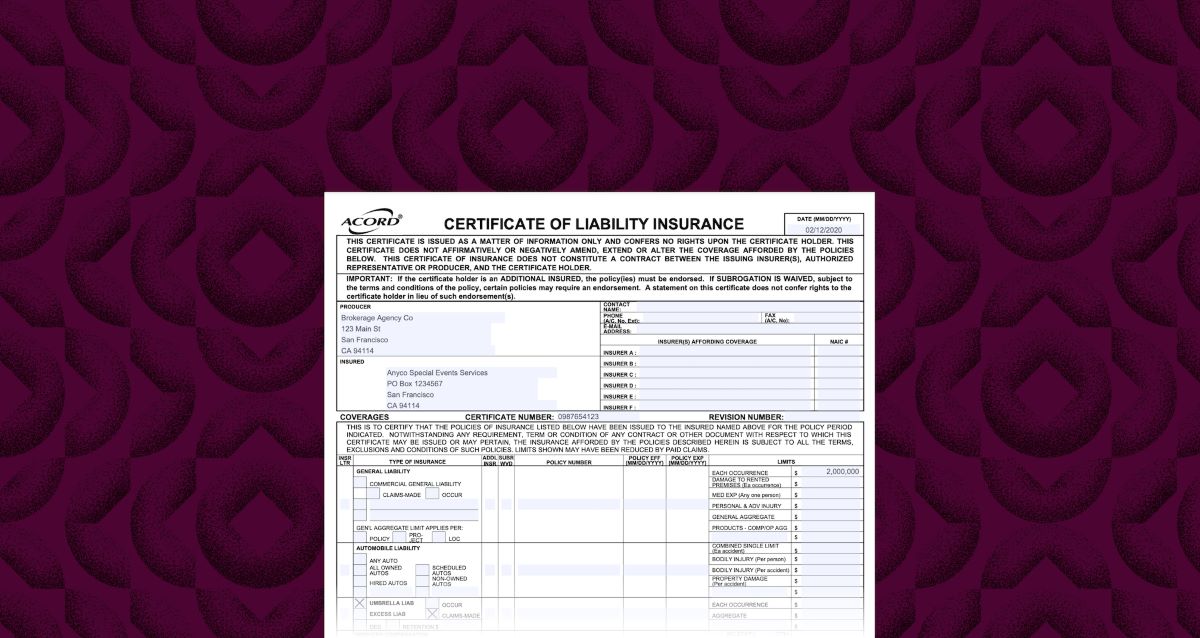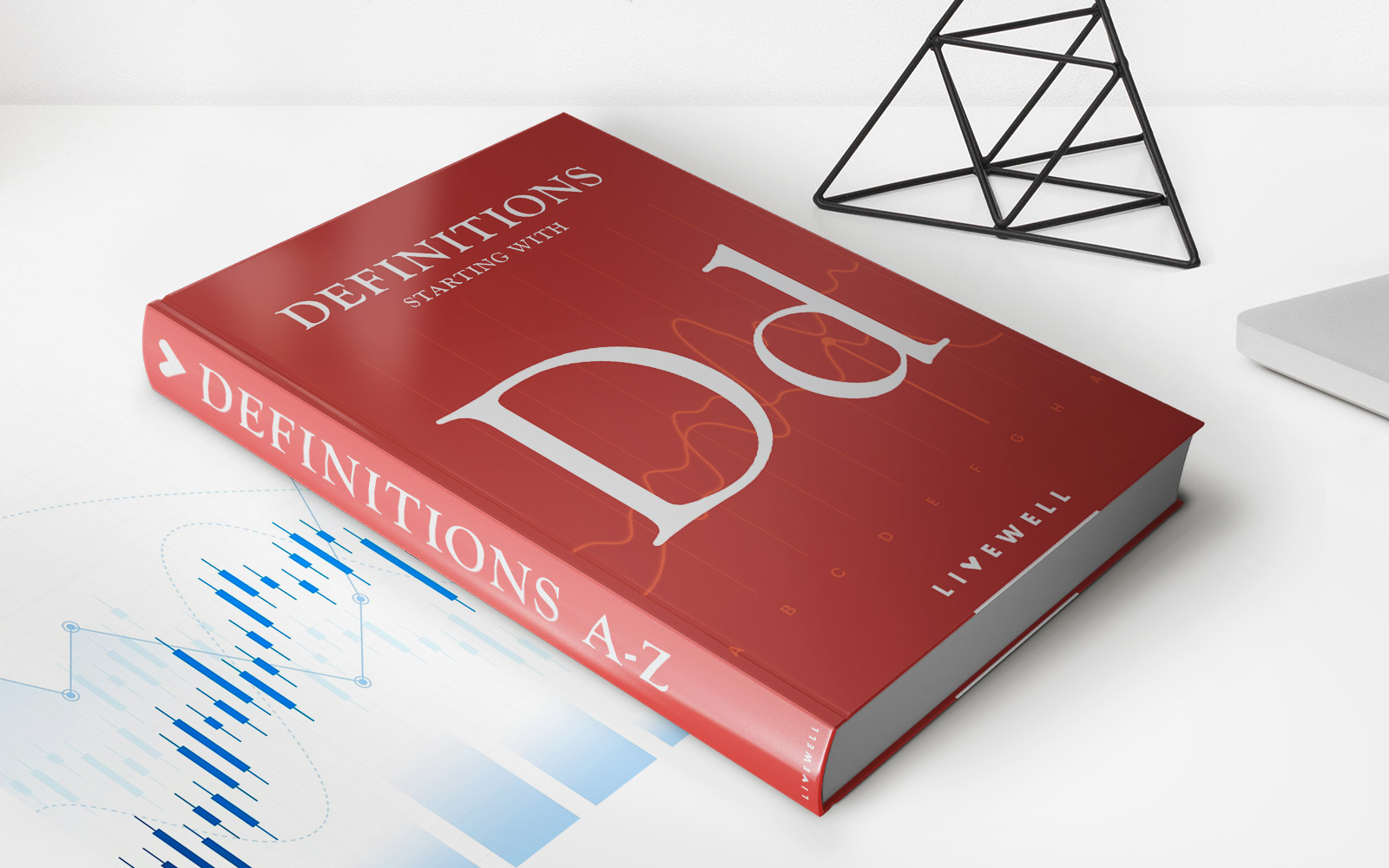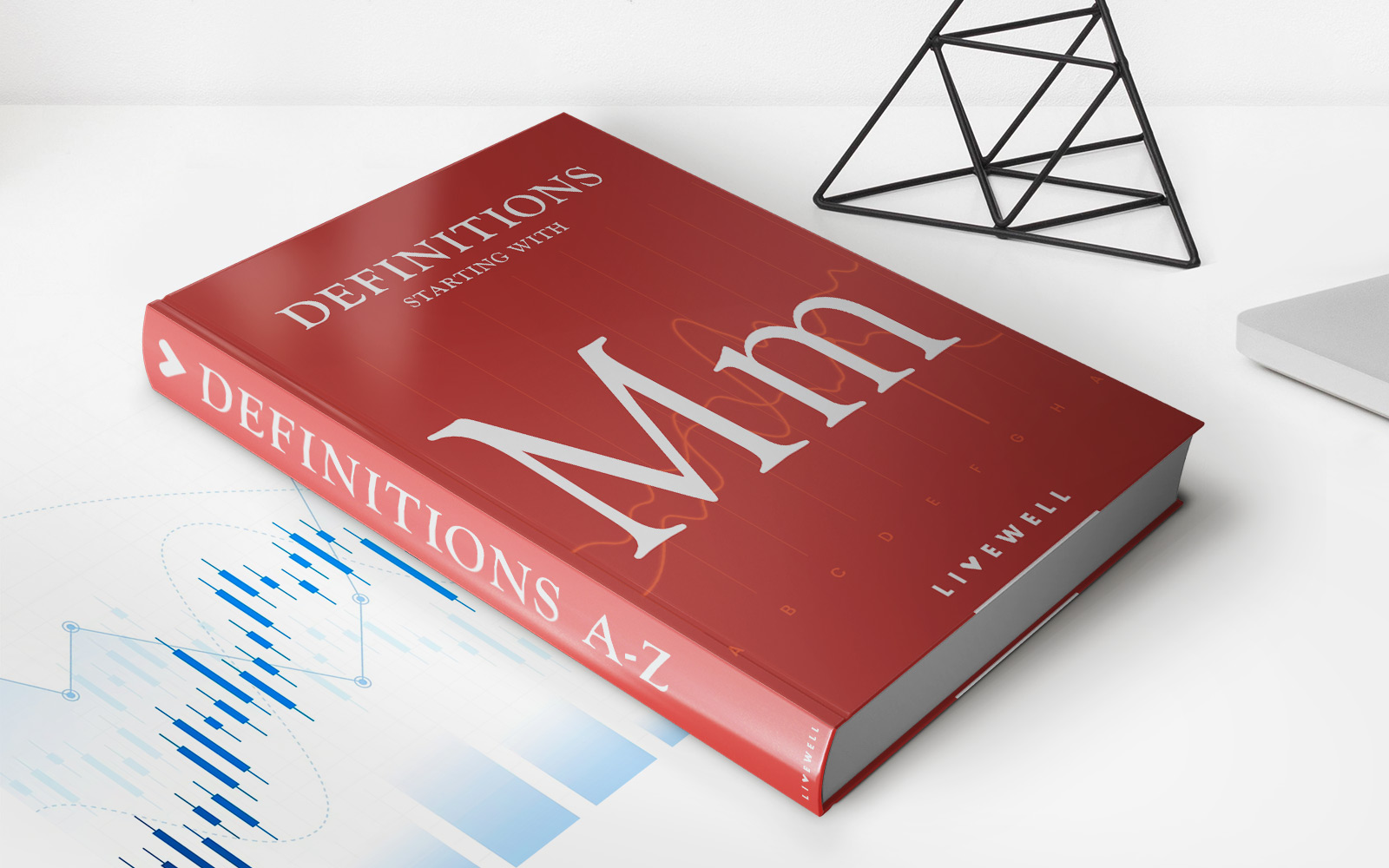Home>Finance>Share Certificate: Definition, How They Work, And Key Information


Finance
Share Certificate: Definition, How They Work, And Key Information
Published: January 28, 2024
Discover the definition and functioning of share certificates in finance, along with essential details. Get a comprehensive understanding of how they work and the key information you need to know.
(Many of the links in this article redirect to a specific reviewed product. Your purchase of these products through affiliate links helps to generate commission for LiveWell, at no extra cost. Learn more)
Understanding Share Certificates: An Essential Guide
Welcome to the world of finance! Today, we are diving into the intricate details of share certificates. Have you ever wondered what a share certificate is and how it works? Well, look no further! In this article, we will walk you through the definition, the inner workings, and key information about share certificates. So, let’s get started!
Key Takeaways:
- A share certificate is a document that represents ownership in a company.
- It provides crucial information such as the number of shares owned and the shareholder’s name.
What is a Share Certificate?
A share certificate is a physical or digital document that serves as evidence of ownership in a company. When an individual or organization buys shares in a company, they receive a share certificate as proof of their investment. It contains important information, including the number of shares owned, the shareholder’s name, and other pertinent details specific to the company.
Question for you: Do you know why share certificates are essential in today’s digital age?
Nowadays, with most transactions and ownership records being digital, you might wonder why share certificates still matter. While electronic records have gained popularity, share certificates remain crucial for several reasons:
- Physical Representation: Share certificates offer a tangible representation of ownership in a company, providing a sense of pride and connection to the investment.
- Documented Proof: They serve as documented proof of ownership, making it easier to transfer or sell shares.
- Legal Requirement: In many jurisdictions, share certificates are legally required for certain transactions and regulatory compliance.
How Do Share Certificates Work?
Now that we understand what share certificates are, let’s delve into how they work. When you purchase shares in a company, the shares are registered in your name on the company’s shareholder registry. The company then issues a share certificate to provide official proof of your ownership.
The share certificate typically includes the following information:
- Shareholder’s Name: Your full legal name as the shareholder.
- Number of Shares: The total number of shares owned by the shareholder.
- Share Class: Details about the class of shares owned (e.g., common shares, preferred shares).
- Company Information: The company’s name, logo, and registered address.
- Share Certificate Number: A unique identifier for the certificate.
- Date of Issuance: The date when the share certificate was issued.
It is important to keep in mind that once you receive a share certificate, it becomes an essential document that should be kept safe and secure.
Key Information About Share Certificates
Here are a few additional key points you should know about share certificates:
- Transfer of Ownership: Share certificates act as a transferable form of ownership. When selling or transferring shares, the certificate needs to be endorsed and legally executed.
- Dividend Payouts: Share certificates may include details on how dividends are paid, including the frequency and method of payment.
- Loss or Theft: If your share certificate is lost or stolen, it is crucial to report it to the company’s registrar or transfer agent immediately. They will guide you through the necessary steps to replace the certificate.
- Buybacks and Mergers: In the event of a share buyback or company merger, share certificates may need to be returned for cancellation or reissuance.
- Digital Share Certificates: With the rise of digital transformation, some countries and companies are adopting electronic share certificates. These digital certificates offer convenience and faster transaction processing.
Always consult with the company or a financial advisor for specific guidance and regulations pertaining to share certificates in your jurisdiction.
In Summary
Share certificates play a critical role in the world of finance, providing tangible evidence of ownership in a company. Despite the advent of digital records, they remain highly valued for their physical representation and legal significance. Understanding how share certificates work and their key information is essential for investors and shareholders alike.
So, now that you know the ins and outs of share certificates, you can confidently navigate the world of finance armed with this valuable knowledge. Happy investing!














